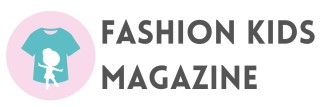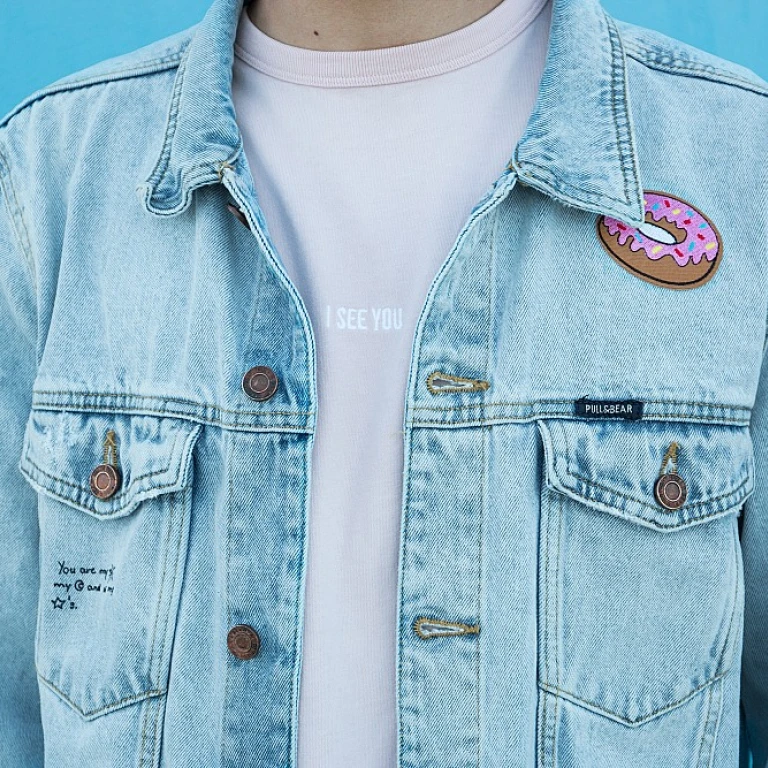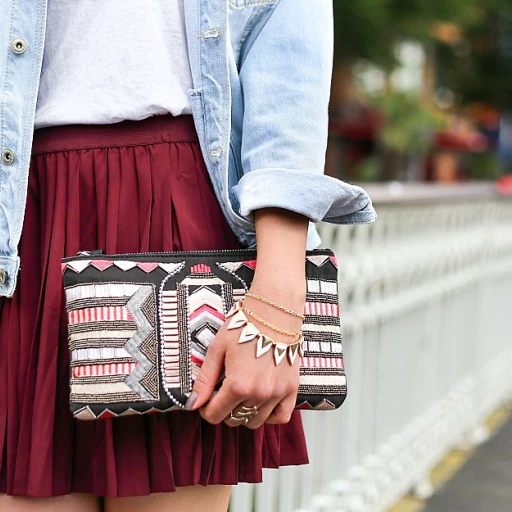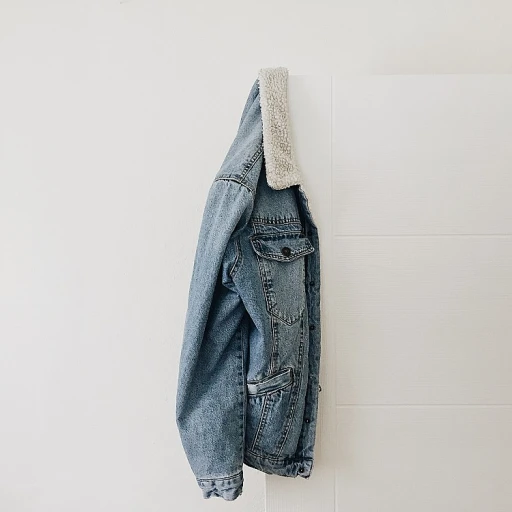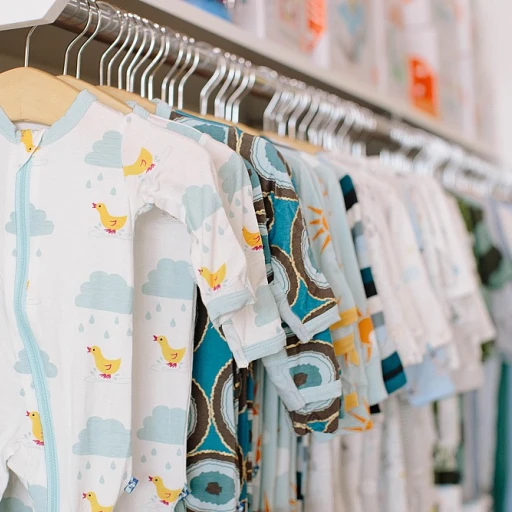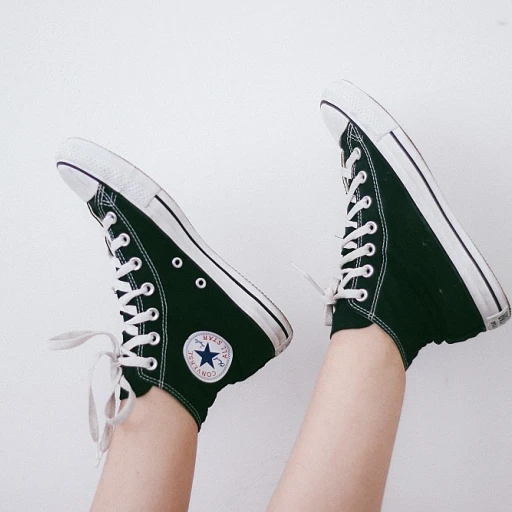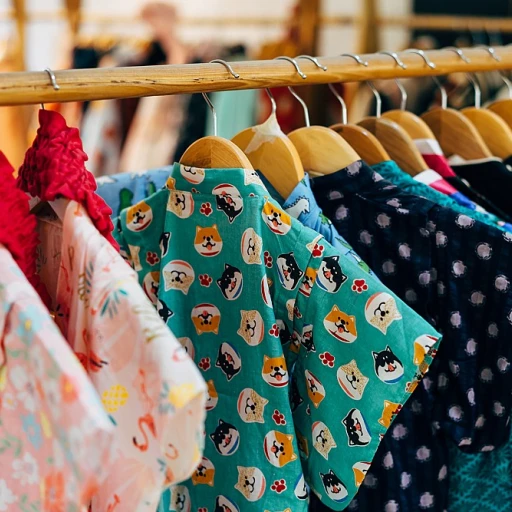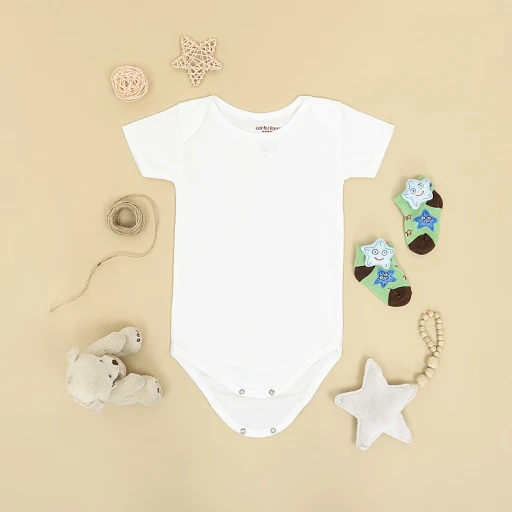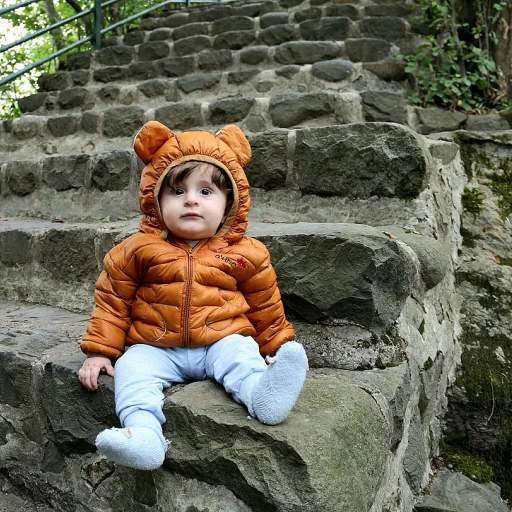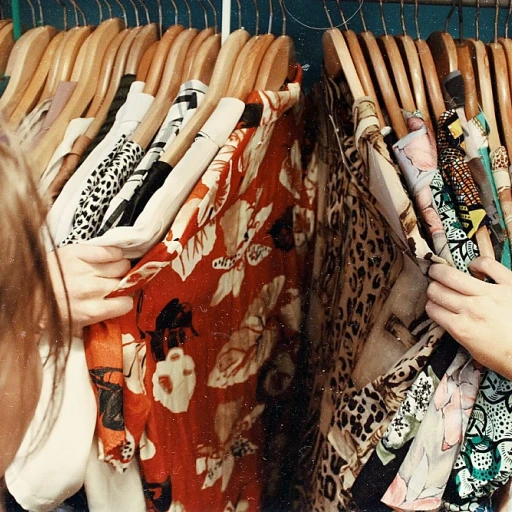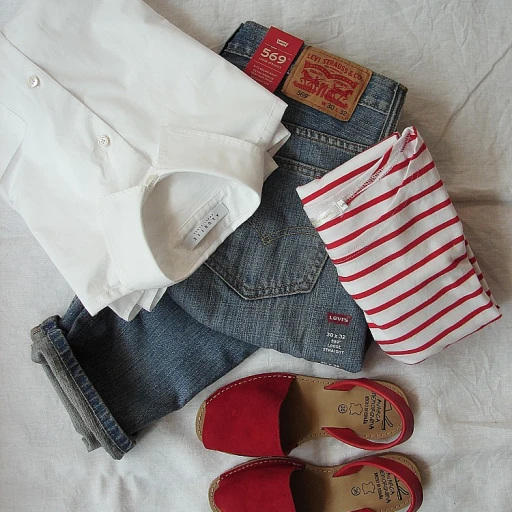
Understanding the importance of choosing the right detergent for baby clothes
Why the right detergent matters for baby clothes
Choosing the best detergent for baby clothes is not just a mundane task; it’s essential for safeguarding the delicate skin of your little ones. Babies have sensitive skin that can be easily irritated by harsh chemicals and strong fragrances found in regular laundry detergents.Health implications for sensitive skin
Statistics show that around 15-20% of children suffer from eczema, a condition which can be exacerbated by using the wrong laundry detergent (National Eczema Association). Using hypoallergenic and fragrance-free detergents can significantly reduce the risk of skin irritation and allergic reactions.What experts recommend
Experts like Dr. Amy K. Nouri, a board-certified dermatologist, emphasize the importance of using detergents that are free of harsh chemicals and fragrances. “Look for detergents labeled as hypoallergenic and tested for sensitive skin,” she advises.More than just dirt and stains
Baby clothes aren't just exposed to everyday dirt and stains; they can also harbor bacteria and allergens. Choosing a detergent with safer ingredients can not only clean effectively but also remove harmful germs.Common pitfalls and solutions
Avoiding standard detergents that contain sulfates, phosphates, and artificial dyes is crucial. These ingredients can cause redness, itching, and even respiratory issues in some cases. Brands like Dreft and Arm & Hammer Baby Detergent are formulated to be gentle on newborn clothes while tough on stains.Additional tips and tricks
Using a liquid laundry detergent is often recommended for washing baby clothes, as powders can leave residue. Additionally, ensure you rinse clothes thoroughly to remove any detergent remnants. For tips on finding the best deals on baby clothes, check out our sale baby clothes finding the best deals for your little one guide.Top recommended baby detergents: expert insights and reviews
Detergent for baby clothes: ensuring safety and comfort for your little one
Top picks for baby laundry detergents as per experts' insights
Choosing the perfect detergent for those cute little outfits your baby wears is more than just picking the one with a pleasant fragrance. Experts agree that the health and comfort of your baby should always come first. Dermatologist Dr. Jane Anderson says, “Sensitive skin is a common issue in newborns and infants, making it crucial to select hypoallergenic and fragrance-free products.” Here’s a breakdown of some top-rated baby laundry detergents recommended by professionals and verified by parents.
Dreft stage 1: a timeless classic
Dreft Stage 1 Newborn Baby Liquid Laundry Detergent is often a go-to for many parents. Dreft has been a trusted brand for decades, specifically designed to be gentle on baby’s skin while effectively removing stains. This detergent is hypoallergenic and suitable for sensitive skin. However, it does contain fragrance, which some parents may want to avoid.
Babyganics 3x: plant-based and powerful
Babyganics 3X Baby Laundry Detergent is another top recommendation. Formulated with plant-based ingredients, it is free from sulfates, phthalates, and artificial fragrances. Pediatrician Dr. Emily Grant says, “Babyganics 3X is a fantastic option for parents looking for an eco-friendly detergent that doesn't compromise on cleaning power.”
Seventh generation: a leader in sustainability
Seventh Generation Free & Clear Baby Laundry Detergent has earned its place in the hearts of eco-conscious parents. This detergent carries the EPA Safer Choice label, ensuring it meets strict health and environmental standards. It is also hypoallergenic and made with 97% plant-based ingredients, making it an excellent option for babies with eczema or sensitive skin.
Arm & hammer: affordable yet effective
Arm & Hammer Baby Liquid Laundry Detergent is well-loved for its balance between quality and affordability. It uses baking soda to boost cleaning power while remaining gentle on the skin. Consumer reports have shown high satisfaction ratings for its stain-removal capabilities and minimal irritants.
Puracy natural liquid: the dermatologist's pick
Puracy Natural Liquid Laundry Detergent is often recommended by dermatologists for babies with extremely sensitive skin. It is completely free from sulfates, enzymes, and harsh chemicals. Dr. Lauren Miller states, “Puracy’s formula is great for families seeking a truly natural option without sacrificing cleanliness.”
Choosing the right detergent for baby clothes is an essential step in ensuring your child’s safety and comfort. As you weigh your options, consider the unique needs of your baby’s skin and the environmental impact of your detergent choice.
Key ingredients to look for and avoid in baby detergents
What to look for in baby detergents
When picking a detergent for your little one's clothes, it's crucial to focus on the ingredients. Some common elements can be incredibly gentle on baby's skin, while others might cause irritation.
Hypoallergenic: This is your go-to word. Hypoallergenic detergents are specially formulated to minimize allergens and reduce the risk of skin irritation. Products labeled with hypoallergenic are less likely to contain harmful chemicals or fragrances. Dreft is a well-known brand offering hypoallergenic options.
Fragrance-free: Perfumes can be harsh on sensitive skin, causing rashes or allergic reactions. Look for detergents that are marked as fragrance-free or free clear to ensure they're gentler on delicate baby skin.
"Fragrance-free products are less likely to trigger sensitive skin conditions," says Dr. Elaine Larson, an infectious disease expert.
Plant-based ingredients: Plant-based detergents can be a safer choice for babies because they typically avoid harsh chemicals. Brands like Arm & Hammer offer plant-based options that clean effectively without the extra irritation.
EPA Safer Choice label: Look for this certification as it indicates the product has been evaluated by the U.S. Environmental Protection Agency (EPA) for safer ingredients. These products are safer for human health and the environment.
Ingredients to avoid
Knowing what to look for is just half the battle. Understanding what to avoid is equally critical. Even popular brands can sometimes contain ingredients that are harsh on newborn skin. Here's what should be on your avoid list:
Sulfates: Commonly found in detergents, sulfates can cause skin irritation. Opt for sulfate-free options to keep baby's skin happy.
Parabens and phosphates: These are potential environmental toxins that can also irritate the skin. Avoid detergents with these ingredients to make a more eco-friendly and baby-safe choice.
Optical brighteners: While these chemicals make clothes look whiter and brighter, they can be irritating to sensitive skin and provide no real cleaning benefit..
Why these choices matter
Baby skin is up to 30% thinner than adult skin, according to the American Academy of Dermatology. This makes it much more susceptible to irritants commonly found in regular laundry detergents. By choosing detergents with safer, gentle ingredients, you're actively taking a step toward preventing skin problems such as eczema or allergic reactions.
Besides, the National Eczema Association also suggests that using a detergent with fewer additives can be beneficial for children prone to eczema. According to their studies, nearly 20% of young children in the U.S. are affected by eczema, and selecting the right detergent can make a significant difference.
The role of certifications: understanding EPA Safer Choice and other labels
Understanding the Labels on Baby Detergents
Choosing the right detergent for baby clothes involves more than just picking up the first product you see on the shelf. One way to ensure safety is by looking at certifications. The EPA Safer Choice label is one of the essential certifications to seek. This certification ensures that the product meets strict safety and environmental standards.
When a detergent carries the EPA Safer Choice label, it means that every chemical ingredient has been reviewed by the U.S. Environmental Protection Agency for potential human health and environmental impacts. Detergents with this label are considered safer for babies and the environment. According to the EPA, products with the Safer Choice label reduce the risk of contact with harmful chemicals, thus protecting the sensitive skin of babies.
The Environmental Working Group (EWG) is another resource for parents. EWG provides a rating system for cleaning products, including baby detergents, based on the safety of their ingredients. A product rated ‘A’ by EWG indicates the lowest concern.
Moreover, other recognized and trusted certifications include approvals from organizations like the National Eczema Association and the National Psoriasis Foundation. Products certified by these organizations are often recommended for babies with specific skin conditions such as eczema or psoriasis, ensuring that the detergents used are hypoallergenic and gentle on the skin.
Why Certifications Matter
Certified products give parents peace of mind. For example, the EPA identifies Safer Choice certified products as containing 'safer ingredients for human health and the environment.’ Similarly, EWG-certified products avoid ingredients that are linked to allergies, skin irritation, or other toxins. This sense of assurance implies that the product is suitable for newborn baby and baby laundry, keeping the fragrance-free and safe elements in check.
For instance, Dreft Stage 1 newborn baby liquid laundry detergent is a well-recognized product. It boasts multiple certifications for its efficacy and safety. Discussing Dreft, pediatrician Dr. Mona Gohara states, "Parents should look for laundry detergents that have been thoroughly vetted and approved by credible organizations for the absolute best protection for their babies."
Making Informed Choices
Understanding these labels and certifications, such as EPA Safer Choice and EWG, helps in making informed choices that prioritize the health of your baby and the environment. Consult trusted sources and opt for hypoallergenic, fragrance-free, and certified products. Choose what ensures your baby’s comfort and protection, turning laundry into a worry-free task.
Case study: Dreft Stage 1 newborn baby liquid laundry detergent
Why dreft stage 1 is a trusted choice for newborns
When it comes to washing the delicate clothes of your newborn, Dreft Stage 1 Newborn Baby Liquid Laundry Detergent stands out as a favorite among parents. This product's reputation is backed by numerous positive reviews and expert opinions, corroborating its efficacy and safety.
Ingredients that make a difference
Dreft Stage 1 contains gentle ingredients designed to be hypoallergenic and free from harsh chemicals. It's specifically formulated for newborns with sensitive skin. According to the United States Environmental Protection Agency (EPA), Dreft has achieved the Safer Choice certification. This highlights its use of safer ingredients for human health and the environment.
Expert endorsements and user reviews
The product has received the endorsement of the National Eczema Association (NEA) for being suitable for babies with eczema or other skin conditions. Aside from expert backing, Dreft Stage 1 has an impressive 4.8-star rating on Amazon with more than 5,000 reviews, a majority praising its effectiveness in cleaning baby clothes and its mild, pleasant fragrance that doesn't irritate sensitive skin.
Certifications that boost credibility
Several recognized certifications back the safety and eco-friendliness of Dreft Stage 1. The EPA Safer Choice label ensures it contains safer ingredients without compromising cleaning power. The product is also listed by the Environmental Working Group (EWG), making it one of the trusted choices among parents who prioritize their baby's safety and comfort.
Real-life examples and feedback
Many parent bloggers and influencers have shared their positive experiences with Dreft Stage 1. For example, Jenn, a mom from the U.S., wrote on her blog about her baby's sensitive skin and how switching to Dreft Stage 1 significantly reduced irritation and rashes. Similar stories resonate across parenting forums and social media, where Dreft consistently receives high marks for quality and reliability.
Sustainability features in baby detergents: making eco-friendly choices
Eco-friendly detergent options for parents
Sustainability is the buzzword these days, and when it comes to baby detergents, making eco-friendly choices can significantly impact both your little one's health and the environment. According to the Environmental Working Group (EWG), choosing natural laundry detergent with plant-based ingredients is less harmful to human health and the planet. This aligns with a growing trend among conscientious parents who want the best for their kids and the Earth.
Key sustainable ingredients
When selecting a detergent for baby clothes, look for labels that highlight ingredients like biodegradable surfactants and enzymes, which are gentle on sensitive skin. One popular choice is Arm & Hammer's baby detergent, which boasts plant-based elements, making it a safer choice for newborns. Additionally, fragrance-free options are crucial for reducing the risk of skin irritation. Products like Dreft Stage 1 Newborn Liquid Laundry Detergent are designed specifically with a baby's sensitive skin in mind.
Understanding certifications
Certifications can be a reliable guide to choosing sustainable baby detergents. The EPA's Safer Choice label, for instance, indicates products that have been reviewed for safer chemical formulations without compromising performance. So, when you see this certification on a liquid laundry detergent, it's a thumbs-up for sustainability and safety. The USDA's BioPreferred Program and the US EPA Safer Choice certification are both recognized and trusted indicators of eco-friendly products in the United States. These labels ensure that the detergent contains safer ingredients.
Real-world examples and trends
in 2021, a review by the National Psoriasis Foundation pointed out that baby detergents free of harsh chemicals and fragrances can notably reduce flare-ups in skin conditions, a feature beneficial to any parent. Dreft's Stage 1 Newborn Liquid Laundry Detergent has been praised in the Us for its hypoallergenic and gentle formula. Aside from Dreft, brands like Seventh Generation and Honest Company are leading the way with their eco-friendly laundry detergent options available on Amazon.com. Their products are crafted with sustainability features recognized for being kind to your baby's skin and the environment.
Experts also emphasize checking labels and being informed shoppers. Dr. Mary Spraker, a pediatric dermatologist, suggests that parents should always choose baby detergents with the fewest, simplest, and safest ingredients. This ensures that you're not exposing your baby to unnecessary chemicals.
Tips for washing baby clothes: best practices for parents
Choosing temperature settings: hot, warm, or cold?
When it comes to washing your baby’s clothes, even something as simple as the water temperature can make a big difference. Should you go with hot, warm, or cold water? Experts often recommend cold water for most baby laundry to conserve energy and prevent fabrics from shrinking or colors from bleeding. According to the EPA Safer Choice Program, using cold water can also extend the life of your baby’s clothing and is generally kinder to delicate baby skin.
Warm or hot water might be necessary for heavily soiled clothes. A study from the American Cleaning Institute indicates that using warm water can help remove bacteria and stubborn stains. However, using hot water frequently can wear out baby clothes faster. Balancing your wash cycle depending on the severity of stains can keep clothes clean without excessive wear.
Using detergents with warm water
Some baby laundry detergents are specifically formulated to be effective in cold water, contributing to energy savings, such as Arm & Hammer Baby. According to a Consumer Reports article, cold water detergents perform almost as well as their warm water counterparts, with the extra benefit of being energy-efficient. Detergents such as Dreft Stage 1 are suitable for both warm and cold water, giving you flexibility.
Pre-treating stains: a must
Before tossing baby clothes into the wash, pre-treating stains can be a lifesaver. Brands like Dreft offer products specifically made for this. Pre-treating helps break down stubborn residues, making them easier to remove during the wash cycle. The Environmental Working Group (EWG) also notes that pre-treating with a small amount of detergent on the stain itself can often increase the chances of stain removal without using harsher treatments.
Gentle cycles for delicate fabrics
Baby clothes are often made from delicate fabrics that can easily become damaged in regular wash cycles. Using a gentle or delicate cycle can help preserve the quality of the clothes while still getting them clean. According to the National Eczema Association, parents should opt for gentle cycles to minimize fabric wear and tear. This advice becomes especially important for children with sensitive skin or eczema, as harsher cycles can make fabrics rougher and more irritating.
Appropriate drying methods: air-drying vs. machine drying
Drying baby clothes can be a point of contention for many parents. Air-drying is gentle on clothes and can help maintain the softness of the fabric. However, machine drying can be more convenient. If you choose to use a dryer, opt for lower heat settings to prevent shrinkage and wear. The National Psoriasis Foundation points out that some baby fabrics, particularly organic cotton, hold up better when air-dried.
For the most delicate baby clothes, consider air-drying in the shade to prevent UV damage without compromising cleanliness. This eco-friendly method aligns well with the principles of sustainability and maintaining the integrity of sensitive skin-friendly fabrics.
Final rinse and multiple rinses
Ensuring that all detergent residues are completely rinsed out is crucial for maintaining your baby’s skin health. Conducting a final rinse or even a second rinse cycle can help remove any leftover detergents. As highlighted by the United States Environmental Protection Agency (EPA), detergents left on fabrics can irritate sensitive skin. Therefore, many eco-friendly and hypoallergenic detergents include instructions for an additional rinse cycle to ensure safety.
Understanding the balance between convenience and the health benefits of proper laundry methods not only keeps your baby’s clothes in top shape but also helps minimize skin irritations. Making informed choices—from pre-treating stains to selecting the right drying methods—ensures both your baby’s comfort and the longevity of their clothes.
Addressing common concerns and controversies in baby detergents
Frequent concerns parents have about baby detergents
It's pretty normal to worry when it comes to your baby's delicate skin and the impact detergents could have. A lot of parents ask the same questions, so let's dive into those concerns.
Are baby detergents really necessary?
Some might wonder if using a specialized baby detergent is truly essential. According to a report by the Environmental Working Group (EWG), baby detergents are formulated to be gentler on sensitive skin and free of harsh chemicals often found in regular detergents.
What ingredients should be avoided?
Always check the label! Avoid detergents with synthetic fragrances, dyes, and harsh chemicals like sulfates and parabens. Baby-safe detergents like Dreft Stage 1 are designed to be hypoallergenic and gentle.
How safe are 'free & clear' options?
'Free & clear' detergents are popular but not all are created equal. Look for "fragrance-free," not just unscented versions which might still contain masking fragrances. Brands like Arm & Hammer Free Clear are often recommended for their safety and efficacy.
What about concerns of allergies and eczema?
Children with sensitive skin conditions, like eczema, need extra care. The National Eczema Association often approves certain detergents as being safe for eczema-prone skin. These tend to be gentle, hypoallergenic, and fragrance-free.
Are eco-friendly or plant-based detergents effective?
Parents are increasingly interested in eco-friendly options. Brands like Seventh Generation offer plant-based detergents that are EPA Safer Choice certified. They are effective while being safer for the environment and your baby's health.
Is there any controversy around these specialized detergents?
One controversial point often debated is the actual effectiveness versus cost. Some argue that these detergents are pricier but not significantly better than regular ones. However, clinical studies published in journals indicate their superior safety for sensitive baby skin.
Fail-safe tips from experienced parents
Don't be afraid to try different brands until you find one that suits your baby best. Always run baby clothes through an extra rinse cycle to remove any detergent residue. Trustworthy detergents like Dreft, Arm & Hammer, or any EPA Safer Choice certified products are often best bets.
